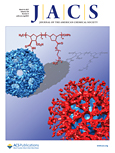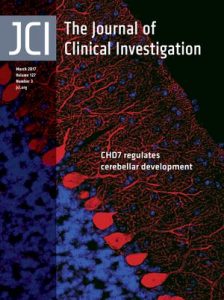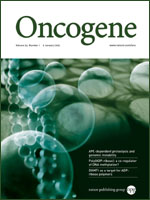
Susana Gonzalez, a rising star in stem cell research, has had a rough year.
In addition to being fired from her former research institute (which she is now appealing), one of her grants (totaling nearly 2 million Euros) was suspended. Most recently, she has received two new retractions in Nature Communications over figure duplications and missing raw data. By our count, she has a total of three retractions.
Both of the new notices say the papers contained figures duplicated in other papers by Gonzalez, and neither includes Gonzalez among the list of co-authors who agreed to the retraction.
Gonzalez was dismissed from her position at the National Center for Cardiovascular Research (CNIC) in Spain last February over allegations of misconduct. According to the head of basic research at CNIC, Gonzalez is still embroiled in a legal battle with the Center over her dismissal. Vicente Andrés could not go into detail because of the ongoing litigation, but he told us: Continue reading Two more retractions for stem cell researcher appealing her dismissal







 When zoologists at the University of Oxford
When zoologists at the University of Oxford  Here’s a rather odd case: When readers raised issues about some of the images in a 2008 cancer paper, the authors issued a correction last year. But when
Here’s a rather odd case: When readers raised issues about some of the images in a 2008 cancer paper, the authors issued a correction last year. But when